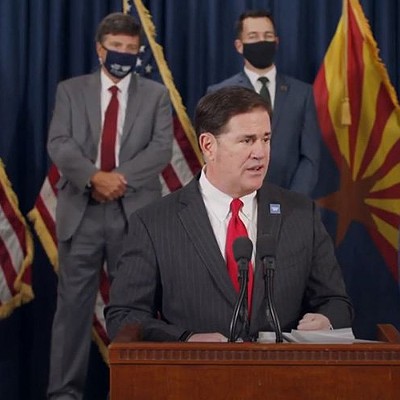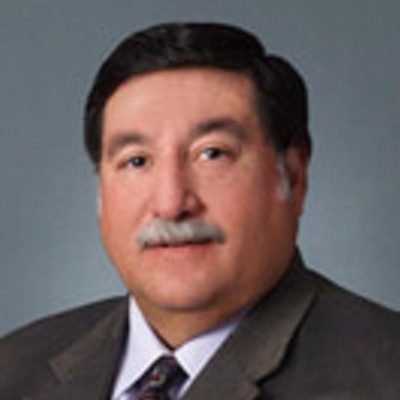Ballot-integrity watchdogs with the political party say the records could shed light on whether county employees were sneaking early peeks at election results--an improper and possibly illegal practice.
But Brad Nelson, director of Pima County's Division of Elections, says nothing improper has been going on, although he does plan on increasing ballot security in the future.
John Brakey, who has been examining computer logs from the county's Election Division for the Democratic Party's Election Integrity Committee, says that his review shows that in recent years, someone has been printing summary reports of early-ballot totals before Election Day. He says that information gleaned from early results from mailed ballots could be valuable to candidates and campaigns.
Among the incidents cited by Brakey:
· In the 2004 primary election, the log shows that someone printed a summary report of the early ballots at 3:08 p.m. and again at 5:10 p.m. on Election Day.
· Later that year, the log shows that on Oct. 28--five days before the Nov. 2 general election--a summary report was printed at 6:03 p.m. Two more summary reports were printed the night before the election.
· Before the May 16, 2006, special election in which voters approved a half-cent transportation sales tax, a summary report was printed on May 11, one day after county officials started counting early ballots.
Nelson says that in those cases, county workers were running the reports to ensure that the machines were counting the right number of ballots.
Last year, the Arizona Legislature passed a law to ensure that there would be random batches of early ballots set aside so that a post-election audit could be performed to guarantee that vote-counting machines were operating correctly.
To comply with the law, the elections staff, working with observers from the Democratic, Republican, Libertarian and Green parties, periodically prints a summary report that shows the number of ballots counted. They then count a set number of ballots and print a second report. Both reports are set aside with the ballots to create an "audit box" that can be reviewed after the election to make sure votes were counted accurately.
Brakey's research noted that the logs show two extra reports were printed up at times that don't match the records kept by party observers.
Nelson says he's not sure what happened in those cases, but he suspects that in one case, a report may have been printed before electronic files were compressed to make sure there would be a backup if something went haywire with the procedure.
That explanation isn't good enough for attorney Bill Risner, who has filed suit on behalf of the Democratic Party to review all printed copies of the summary reports.
Risner says a review of the reports will show whether all the reports that the logs show were printed were filed properly. If the reports aren't in the boxes, it leaves unsettled the question of who printed the reports, why they were printed and what happened to them.
The problem: All the summary reports have been filed with the ballots--and once ballots have been sealed in the county vault, they can't be removed without a court order.
Risner maintains that the county can't file other documents with the ballots and claim they're off limits to review, noting in his court filing that the statutes "relate to the secrecy of the ballots and do no make otherwise public records or non-ballot documents subject to destruction merely because they have been intentionally or negligently sealed together with ballots."
Nelson is leaving that question up to the courts, but says he plans to introduce new safeguards to ensure that these questions don't arise in the future.
Among the steps: Putting the summary reports in separate envelopes that won't be stored with ballots; increasing the memory on security cameras that will monitor the computers so there will be a record of who is using the computers; setting up passwords to make computers more secure; and having observers from political parties on the scene at all times during the ballot-counting process.
"What we are going to do in the future is ask the political parties to be there every time there's someone in the building while there are ballots in the building," Nelson says.

















